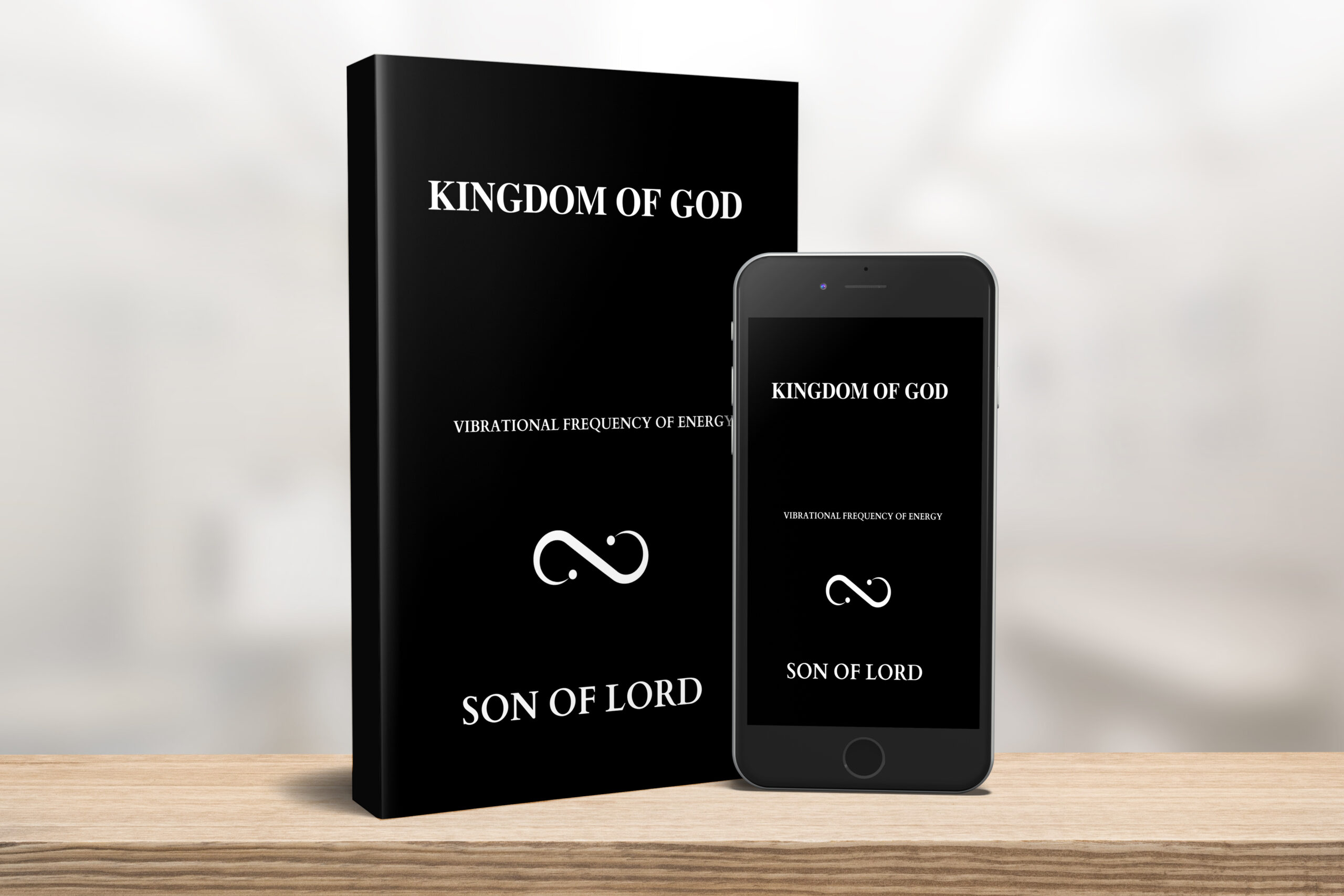The Kingdom of Heaven in the Bible: An In-Depth Exploration
The concept of the “Kingdom of Heaven” is a fundamental theme in Christian theology and is intricately woven throughout the biblical narrative. From the Old Testament to the New Testament, the Kingdom of Heaven serves as a promise, a vision, and a call to believers. This blog post delves into the rich biblical imagery, interpretations, and implications of the Kingdom of Heaven, providing a comprehensive understanding of its significance in the Christian faith.

The Old Testament Foundations
The seeds of the Kingdom of Heaven can be traced back to the Old Testament, where the idea of God’s kingdom is initially presented in various forms. God’s kingship is established in creation, as seen in Genesis, where He asserts dominion over the earth and all living things. The Psalms frequently extol the glory of God’s sovereignty, proclaiming that the Lord reigns over all creation (Psalm 47:2).
Moreover, the prophetic literature introduces the notion of an ideal kingdom, anticipating a future where God will establish His reign on earth. Prophets like Isaiah herald the coming of a messianic figure who will restore Israel and usher in a kingdom characterized by peace, justice, and righteousness. For instance, Isaiah 9:6-7 speaks of a child born who will establish an everlasting kingdom—a powerful foreshadowing of Christ’s earthly ministry.
The New Testament Revelation
The New Testament amplifies the message of the Kingdom of Heaven, particularly in the teachings of Jesus Christ. The term “Kingdom of Heaven” is predominantly found in the Gospel of Matthew, where it is often used interchangeably with the “Kingdom of God.” The choice of terminology may reflect Matthew’s Jewish audience, as many Jews refrained from mentioning God’s name directly.
Jesus’ Teachings
Jesus initiates His ministry with the proclamation of the Kingdom. In Matthew 4:17, He declares, “Repent, for the kingdom of heaven has come near.” This declaration signifies that the anticipated reign of God is not merely a future hope but an active reality introduced through Jesus’ life and ministry. His teachings frequently illustrate the nature of this Kingdom, often through parables that reveal its mysterious and transformative qualities.
- The Parable of the Mustard Seed (Matthew 13:31-32): This parable depicts how the Kingdom of Heaven starts small yet grows into a vast kingdom. This imagery invites believers to understand that while God’s Kingdom may begin inconspicuously, it ultimately influences all aspects of life.
- The Parable of the Leaven (Matthew 13:33): Here, Jesus compares the Kingdom to leaven that permeates and transforms the entire loaf of bread. This signifies the pervasive nature of God’s reign, highlighting the Kingdom’s ability to transform individuals and societies from within.
- The Beatitudes (Matthew 5:3-12): In the Sermon on the Mount, Jesus articulates the values of the Kingdom. The Beatitudes describe the character of those who belong to the Kingdom—namely, the poor in spirit, the merciful, and the peacemakers. Such qualities are countercultural, reflecting God’s grace and the radical nature of His Kingdom.

The Nature of the Kingdom
Jesus emphasizes that the Kingdom of Heaven is both a present reality and a future hope. It is a spiritual Kingdom ruled by Christ, where individuals experience a relationship with God, enabled by the Holy Spirit. However, it also carries eschatological implications, looking forward to the final fulfillment of God’s reign when Christ returns.
In John 18:36, Jesus states, “My kingdom is not of this world,” underscoring that the Kingdom of Heaven transcends earthly power structures and political systems. Believers are called to live according to the values of this Kingdom, manifesting its principles in their daily lives.
The Role of the Church
In the New Testament, the Church is depicted as the community of believers living under the King’s rule. The Church’s mission is to proclaim the Gospel and demonstrate the reality of the Kingdom of Heaven through acts of love, justice, and service. The Great Commission (Matthew 28:18-20) tasks the Church with making disciples of all nations, effectively expanding the reach of God’s Kingdom throughout the world.
The Kingdom’s Characteristics
- Radical Inclusion: The Kingdom of Heaven is characterized by an inclusive nature. Jesus intentionally reached out to marginalized individuals—tax collectors, sinners, and Gentiles—demonstrating that the Kingdom is open to all who respond in faith.
- Transformative Power: The Kingdom of Heaven brings about transformation in the life of believers. Through repentance and faith, individuals are invited to experience the forgiveness of sins and the renewing work of the Holy Spirit, thus becoming agents of change in the world.
- Ethical Demands: The ethics of the Kingdom challenge societal norms. Believers are called to live out the teachings of Jesus, which often subvert prevailing cultural values. Love for enemies, a commitment to forgiveness, and the pursuit of justice are hallmarks of life in the Kingdom.
The New Heaven and New Earth
The biblical narrative culminates in the book of Revelation, where the ultimate realization of the Kingdom of Heaven is portrayed. Revelation 21 presents the vision of a new heaven and a new earth, a place where God’s presence dwells with humanity, and where there is no more pain, suffering, or death. This eschatological hope assures believers that God’s Kingdom will be fully established in the future, fulfilling every promise made throughout the Scriptures.
Conclusion
The Kingdom of Heaven is a multifaceted theme that encompasses God’s sovereign reign, the teachings of Jesus, and the ongoing mission of the Church. It invites believers into a transformative relationship with God and offers a vision of hope for the world. As Christians engage with their communities, they are called to reflect the values and principles of the Kingdom of Heaven, bearing witness to its reality until the day of its ultimate fulfillment.
Through understanding the biblical concept of the Kingdom of Heaven, believers can grasp the depth of their calling and the fullness of God’s promises, living with the assurance that they are participants in His glorious Kingdom both now and for eternity.
Shop Now






